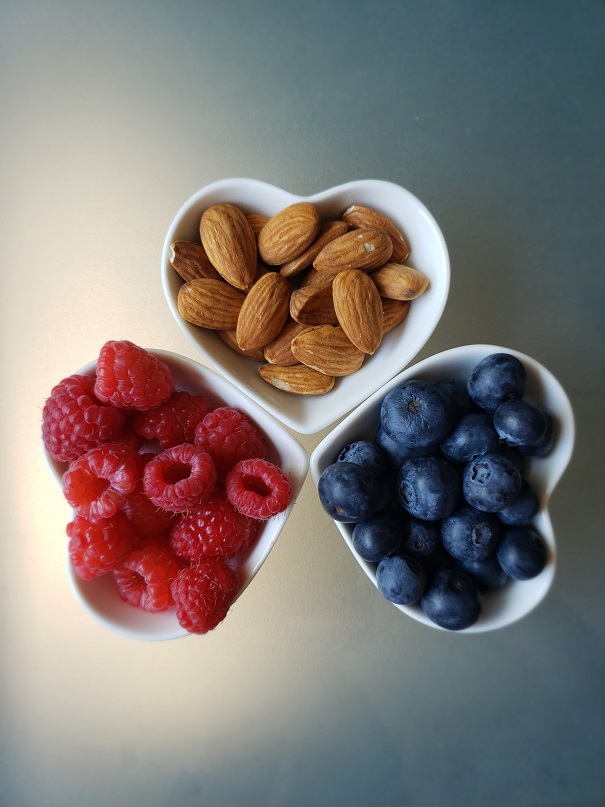Can Science and Faith Come Together in the Nutrition World?
Science and Faith
I have been thinking about this question a lot lately. Confusion abounds when we consider how to believe science and still continue in our faith. Let me first just say they are absolutely not mutually exclusive. I firmly believe that God gave us science to help us understand His creation! We also must remember that His creation is so beautifully and wonderfully made (Psalm 139:14) that it is certain, we will never know everything. It helps us to think this way and remember that He is creator and sustainer.
Of course, this concept applies one-hundred percent to our bodies and how we take care of them. We know that God has created humans in the image of himself, and that is a wonderful picture! We are called to take care of our early bodies because of this beautiful picture. 100 years ago, we didn’t know much about nutrition or what it would look like to understand proteins, fats, carbohydrates, vitamins, and minerals. The knowledge that we have now can help us make informed and wise decisions about how we take care of ourselves. Applying this principle is tricky sometimes because we can’t know everything and we often struggle to find balance. It can also be challenging because the more we know about nutrition, the more we realize that every human body is incredibly different.
There are 5 Key Points: Science and Faith Can Co-exist in the Nutrition World
Find balance.
God created food to be both pleasurable and nourishing. When we lean too far one way or the other, we disrupt the balance. Genetic testing, lab tests, and GI Map testing can help guide us in how to create a more nourishing overall diet. But, we must remember that God created food for pleasure also. Always being concerned about nutrition, being too strict with food choices, and letting concepts overwhelm us takes away the joy and pleasure that God gave us through food. Conversely, we will find ourselves on unhealthy paths when we too often eat foods based only on pleasure.
Avoid the cycle.
From science, testing, and other nutrition information, we may create some guidance for ourselves in making food choices, but never a “rule”. Rules are too strict and often promote the diet cycle (restrict, overeat, guilt and shame, and restrict again, overeat again, guilt and shame). So we end up punishing our bodies rather than taking care of them. If we use the knowledge well, we can find guidance without strict restriction. The goal in any of the nutrition knowledge should be to better feed our bodies.
The perfect diet doesn’t exist.
Maybe some of us need to say this out loud a few times today. There is no such thing as a perfect diet. A healthy diet is balanced, moderate, and full of variety. We need to stop searching for the perfect diet and remember to focus on progress not perfection.
Remembering the heart behind it all.
Our culture has poisoned our minds tremendously when it comes to food. We too often focus on weight loss or fitness in terms of vanity rather than embracing the Biblical goal. I love my friend Gina’s definition of fitness, “A readiness to do what God has for you.” God’s word tells us to take care of our earthly bodies so that we can glorify Him in all we do (1 Corinthians 10:31). It also says that God’s Holy Spirit dwells in us (1 Corinthians 6:19) in order to use us for His work on earth. How can we God use us if we are not taking care of ourselves?
Find joy and peace in eating.
Have you thought about this one lately? If we are anxious or joyless about what we are eating, pause and explore why. Our emotions are a wonderful indicator that something is wrong with the heart behind it all. We might all need to find joy in eating again.



